|
Grab a milk or juice carton and there's a fair chance you'd find that it's from Tetra Pak, a Swedish company that focuses on food packaging and processing solutions. A few months ago Tetra Pak invited ten people from around the world to a package design workshop aimed at brainstorming an improved design to one of their commercial packages. I qualified through their "Can You Fold It?" competition, in which contestants had to dream up a simple but creative way to close the end of a cardboard tube—which is basically what package manufacturers have to do. Image from "Can You Fold It?" qualification phase Tetra Pak Tetra Pak's pioneering product was the Tetra Classic®, but probably more familiar is the Tetra Rex®. The "Can You Fold It?" competition was organized by Tetra Pak with the help of other companies like Implement Consulting Group and Ideon Open, which had more experience with what they called open innovation—helping companies to gather fresh ideas from people outside the company. Qualifiers were invited to two 2-day workshops at the Museum of Modern Art in Malmö, Sweden. The workshops involved intense periods of brainstorming and prototyping, but also some sightseeing and sumptuous Swedish cuisine. But this post will focus on the clever ways in which the creation and sharing of ideas were facilitated by the organizers. The Workshops The ten qualifiers were chosen to come from varied backgrounds, ranging from professionals to university students, so that they brought diverse skills to the table: design, mathematics, origami and more. Being the youngest and least experienced member of the group, I was quite amazed at the different ways in which everyone approached the package design tasks. The diversity of perspectives is best illustrated by the warm-up exercise that kick-started the first workshop. If you were given, say, an apple, how would you wrap it up? Photo by Abhijit Tembhekar (CC BY-SA) I very boringly chose to wrap my object exactly hugging its shape, but the other participants produced all sorts of decorative packages: My favourite was the "apple in a teapot" dreamed up by one of the more artistically inclined participants. Other literally "out-of-the-box" designs that eschewed enclosed wrapping were "display dishes" and even a "paper ribbon". As you can see, we were asked to identify common themes among the designs and classify them. In this vein, over the two workshops I observed that after a certain point our ideas revolved around a set of common ideas and their variations. The rest of the workshops mostly alternated between roughly 45-minute exercises (think of an idea for a package, then cut, fold and glue a prototype) and brief presentations from the participant on their new prototypes. Engineers and experts from Tetra Pak guided us through the process with facilitators from Implement Consulting Group. Here's one of our favourite exercises: This particular exercise forced each participant to combine his or her ideas with someone else's, dragging everyone out of their familiar domain. There was a lot of focused individual prototyping, but the frequent presentations, idea-sharing mechanisms (like the above exercise), free discussion and some team exercises made sure that we stimulated each other, and that nobody was working in isolation. At the start of each day and after major exercises we were also asked to reflect on the process: what went well, what could have been better, and suggestions for improvement. (e.g. better lighting in the work space!) I believe that constant reflection is crucial, especially if we're working towards a difficult goal in the space of only a few days. Food and Fun The organizers also did everything they could to make our workshop experience and stay in Sweden as comfortable and enriching as possible. Our meals were always delicious; I don't think I'll ever forget Smørrebrød, which translates to "butter on bread": We also did a little sightseeing—we visited a package factory at Tetra Pak, and another day we got a fantastic panorama of Malmö (and neighboring Denmark) from the viewing gallery at the top of the 54-story "Turning Torso" skyscraper. Photos don't do justice to the beautiful view of the sea. The workshops were a wonderful experience—an intellectual challenge, exposure to so many different viewpoints, and a great chance to get to know so many interesting people among the participants and organizers. I was glad to be able to contribute some ideas I was happy with. Great job everyone, and many thanks to the organizers for making this happen!  The text and starred (*) images of "Can You Fold It?" by Cheng Herng Yi are licensed under a Creative Commons Attribution-NonCommercial-ShareAlike 4.0 International License. Reuse must be accompanied by a link to this article.
0 Comments
Leave a Reply. |
Archives
December 2020
Categories
All
|

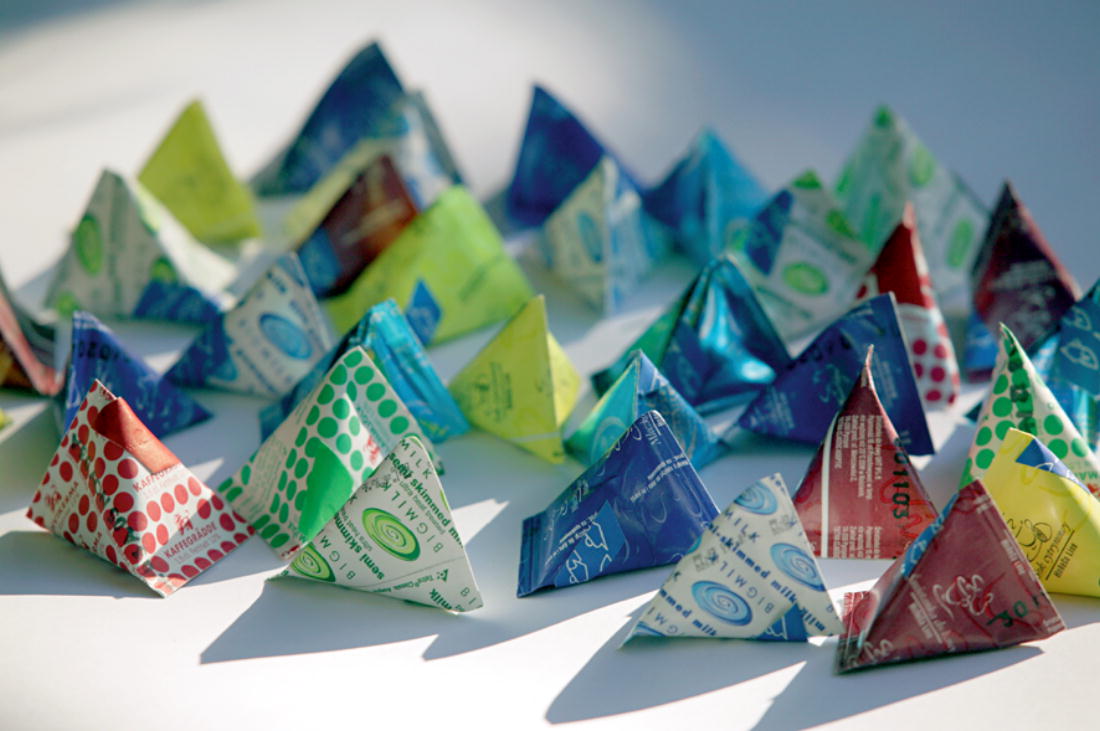
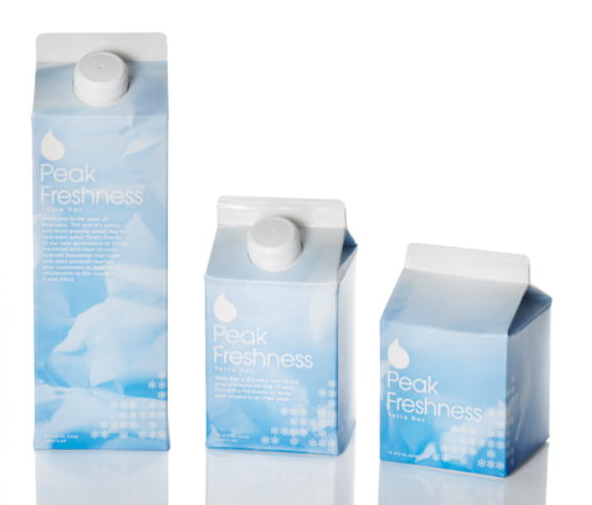
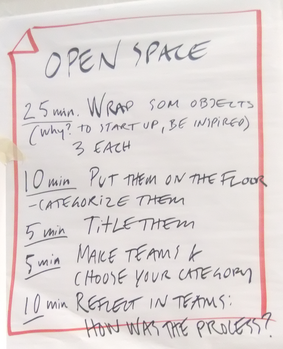
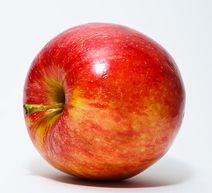
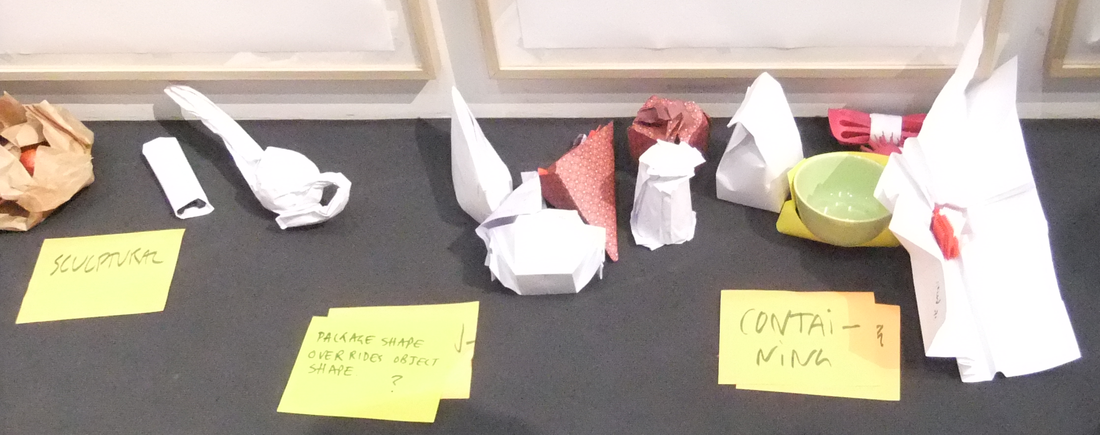
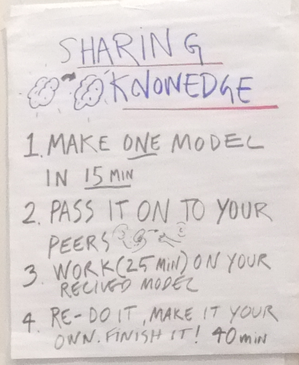
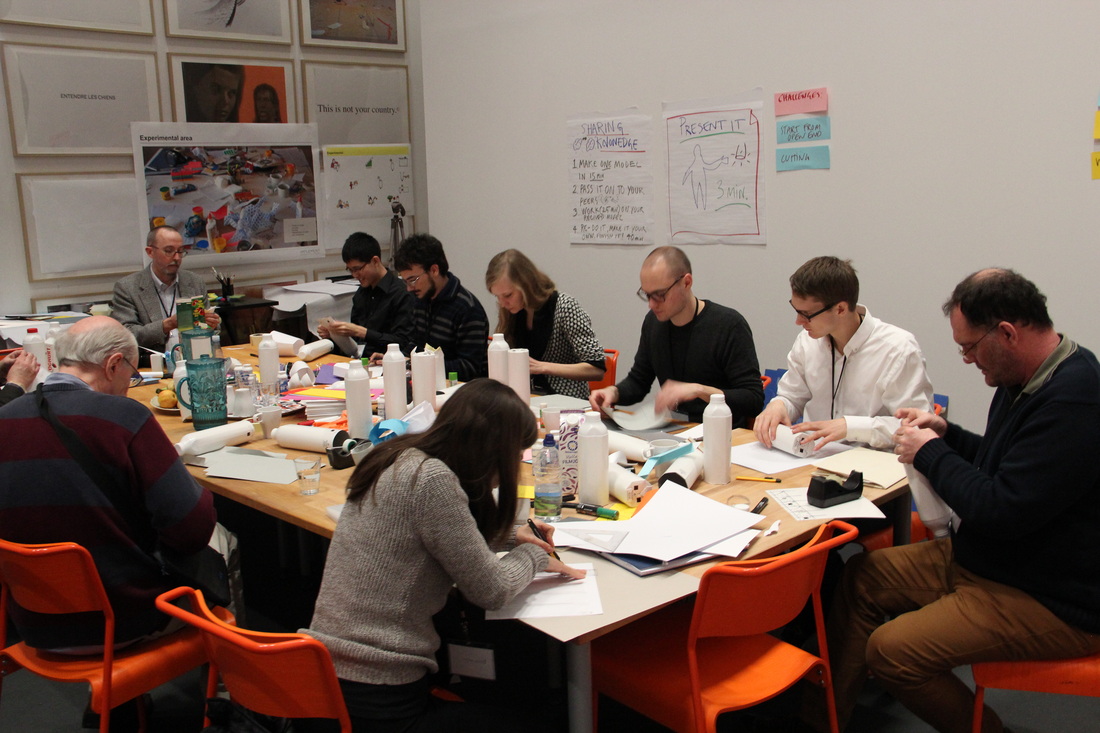
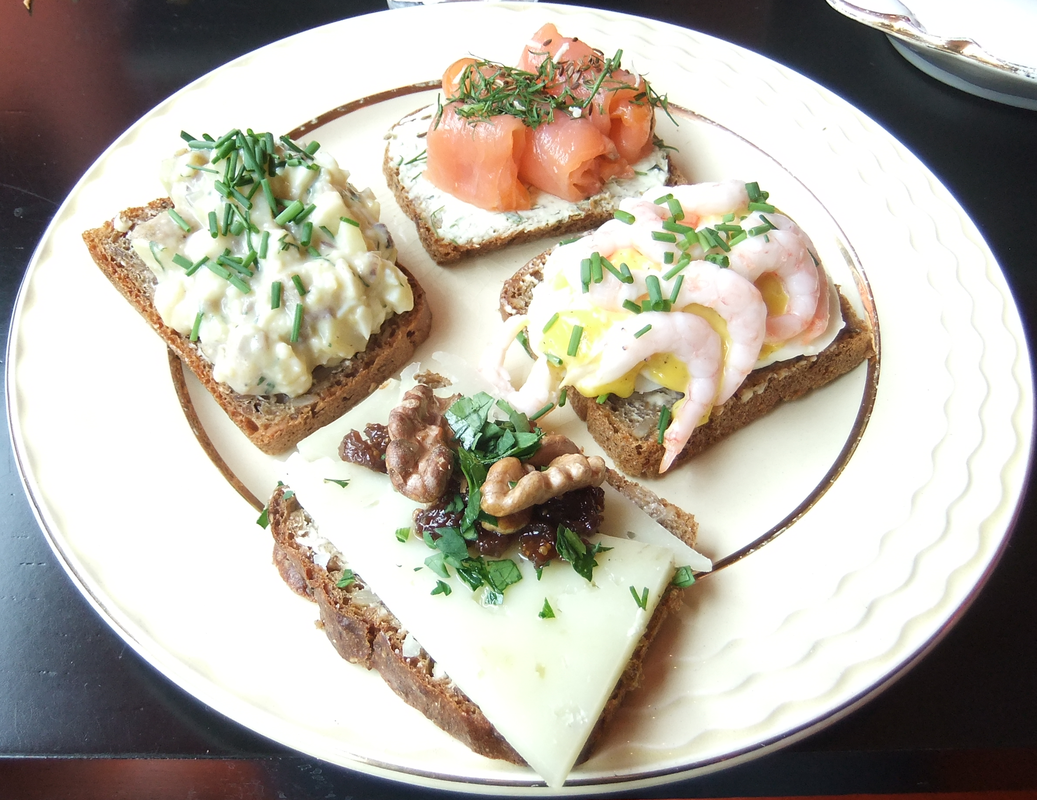
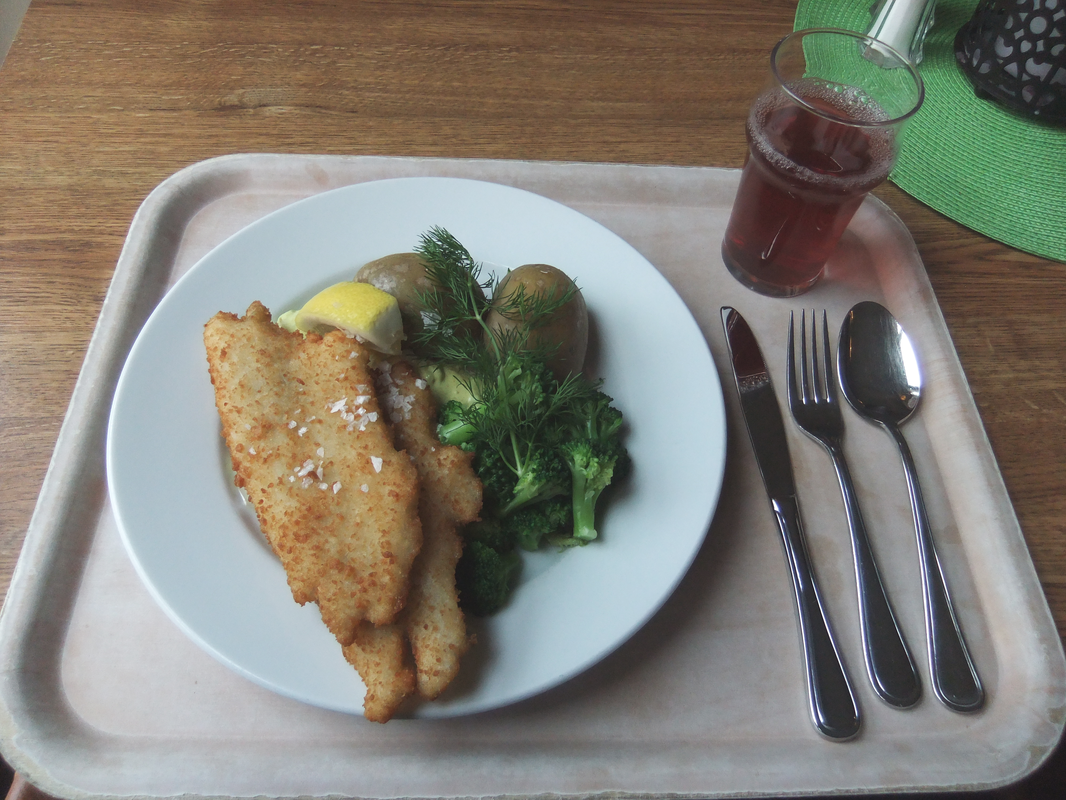
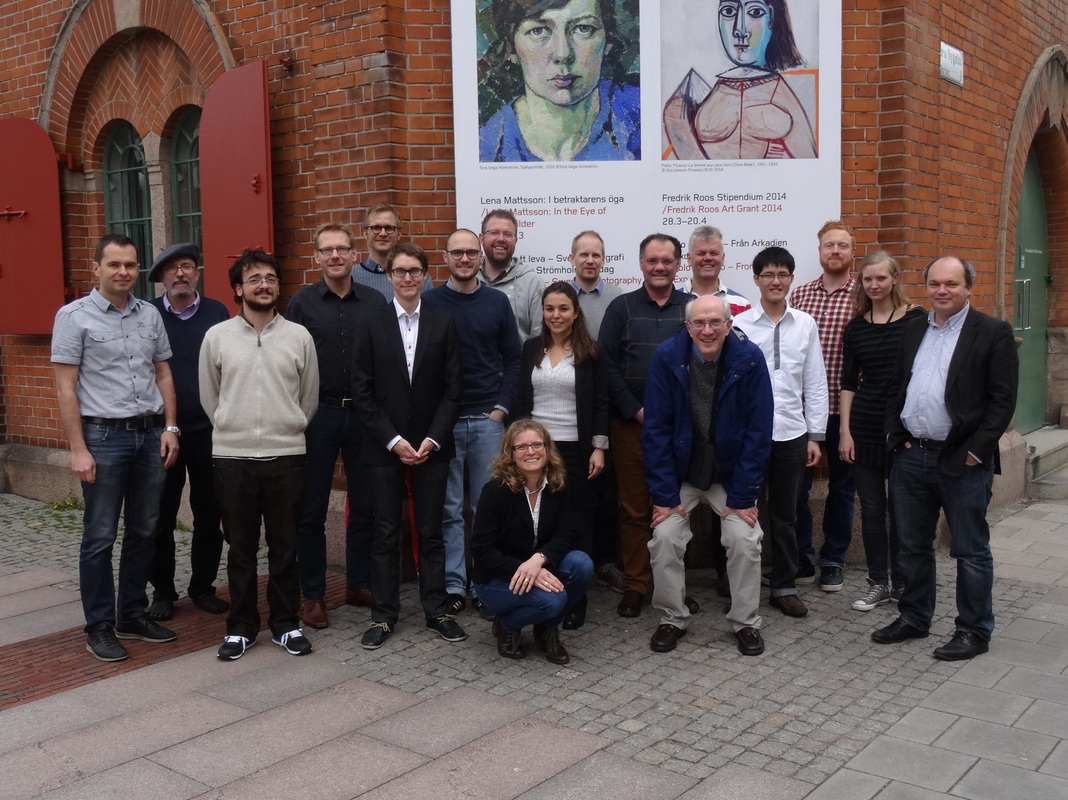
 RSS Feed
RSS Feed